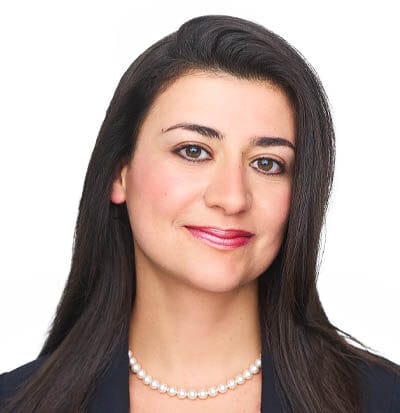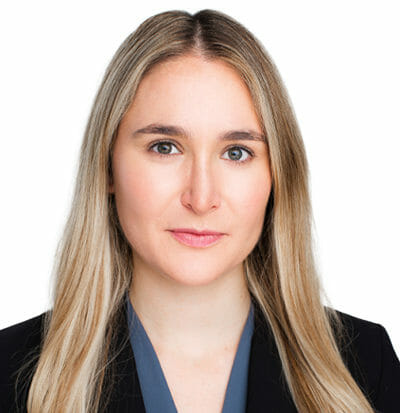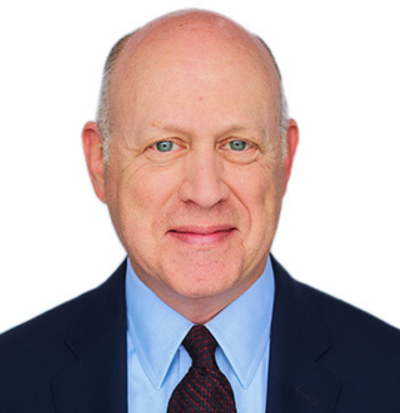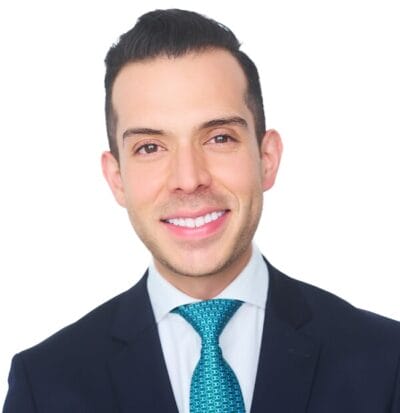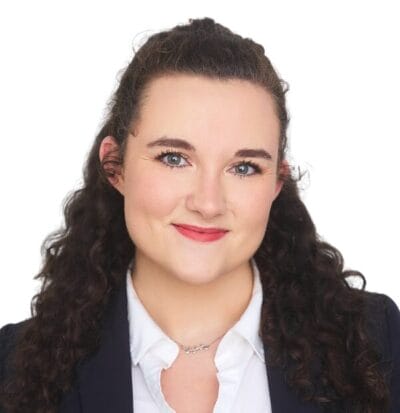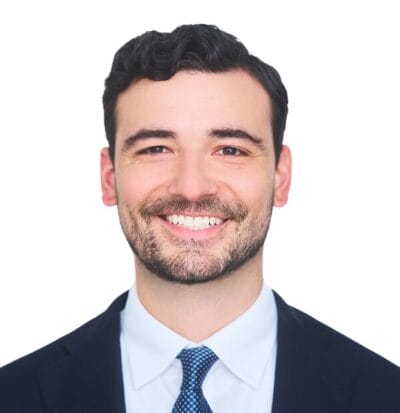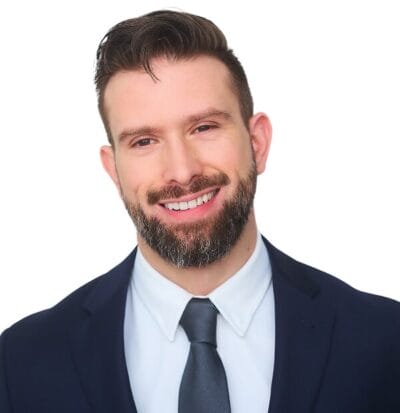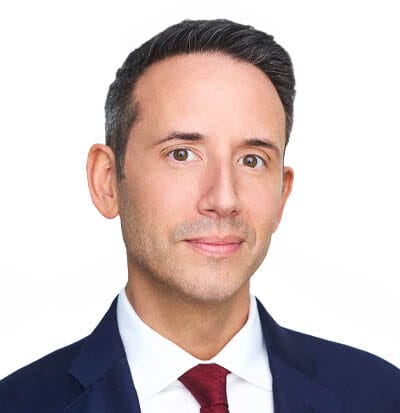By Richard Lehv
Phony cures, pyramid schemes, counterfeit products, bait-and-switch tactics, and wildly inflated prices: these are just some of the problems that plague the marketplace in ordinary times. The current pandemic has given swindlers, scammers, grifters, and counterfeiters an incentive to invent new schemes. Hence, recent headlines like these:
- “Doctor Charged With Fraud After U.S. Says He Sold Treatment as ‘100 Percent’ Cure for Covid-19.”[1]
- “Dozens of coronavirus antibody tests on the market were never vetted by the FDA, leading to accuracy concerns.”[2]
- “F.T.C. Warns 10 Companies About Virus-Related Health and Business Claims.”[3]
- “If sunlight kills coronavirus, why not try UV lamps?” (“Industry . . . popping up and offering to sell people ultraviolet decontamination lights for offices and even homes. Stores offer ultraviolet wands for sale for personal use, promising they’ll kill germs immediately.”)[4]
Trademark Act Provisions
The Trademark Act (also known as the Lanham Act) has for decades been the leading source of protection for businesses against counterfeiting and false advertising. Section 35 of the Act provides remedies against the sale of counterfeit goods. Section 43(a) of the Act provides for a cause of action based on the use in commerce of “any false designation of origin, false or misleading description of fact, or false or misleading representation of fact” that “misrepresents the nature, characteristics, qualities, or geographic origin” of the goods. In addition to false claims about the product, Section 43(a) provides a cause of action against advertising that falsely suggests “affiliation, connection, or association” of the advertiser with the plaintiff or that is likely to deceive as to the “origin, sponsorship or approval” of the advertiser’s goods.
CoronaCide Complaint
Several recent lawsuits involving coronavirus-related products assert claims under the Lanham Act. First, CoronaCide, LLC, an importer and distributor of COVID-19 test kits, sued Wellness Matrix, LLC and its principal. The complaint, filed in federal court in Tampa, Florida, alleges that the plaintiff has approval from the Food and Drug administration to distribute its CoronaCide test kits to healthcare professionals (but not for home use) while it awaits a final decision on its FDA emergency use application. The complaint says the defendants sought to buy test kits from the plaintiff, but the plaintiff turned them down.
Undeterred, the complaint says, the defendants started advertising the plaintiff’s test kits on their website, www.stopcorona28.com, using plaintiff’s trademark and altered materials from plaintiff’s website, while claiming the kits were for “home testing.” The complaint alleges that the defendants have no test kits for sale. It asserts that the defendants falsely suggested a connection with the plaintiff. Further, it alleges that if the public believes the parties are connected and since the defendants have no test kits to sell, plaintiff’s reputation will be damaged.
According to NPR, “Several customers who ordered the tests [from the defendants] now say they never received them and have tried to cancel their payments.”[5] The defendants have not answered the compliant and their website is no longer available.
This case is an example of a plaintiff brand owner using Section 43(a) against false claims as to affiliation or connection with the plaintiff, and false or misleading representations of fact, namely that the defendants had testing kits for sale, when they had none.
Note that although competitors can sue under Section 43(a), the consumers who ordered test kits from the defendants cannot sue under Section 43(a).[6] They would have to sue for breach of contract or for violation of consumer protection statutes, or ask government agencies to assist them.
The 3M Case against Performance Supply
3M, which makes 3M-brand N95 respirators (masks), sued Performance Supply LLC in federal court in New York City. 3M claims that the defendant on March 30 “sent a Formal Quote to New York City’s Office of Citywide Procurement, offering to sell millions of Plaintiff’s 3M-brand N95 respirator masks at a grossly inflated aggregate price of approximately $45 million.” The Formal Quote uses 3M’s trademarks and mentions 3M’s headquarters in Minnesota, rather than the defendant’s headquarters in New Jersey. It claims that “acceptance of the purchase order is at the full discretion of 3M.” The Formal Quote also says, “The N95 masks 3M can begin shipping in 2-4 weeks CIF at any of 3M [sic] plants in the USA or 3M Plants Overseas according to their manufacturing schedule. 3M choose the plant.” The complaint alleges that this language falsely suggests that 3M is involved in the Formal Quote.
Finally, the complaint says that 3M has not raised its prices during the pandemic and that its suggested list price is $1.02 to $1.31 per mask, depending on the model and the quantity purchased. The defendant, however, offered to sell the masks for $6.00 to $6.35 each.
It is unclear whether the defendant had any masks for sale, and, if so, whether they were genuine or counterfeit.
The complaint alleges, among other things, trademark infringement and false endorsement, false association, and false designation of origin.
Price Gouging Claim
The case raises an issue as to whether the Lanham Act can be used to prevent price gouging. Although various state statutes and regulations prohibit price gouging, nothing in the Lanham Act specifically prohibits this practice. In fact, the Lanham Act arguably prohibits a manufacturer from trying to control the price at which a dealer resells its product or from objecting to an excessively high price, even presumably during a national health crisis. This is the effect of the first sale doctrine, which is also applicable in copyright and patent cases, and which provides that the owner of a product, lawfully acquired, has a right to resell it, at whatever price the owner chooses.[7]
Nevertheless, 3M makes a price gouging argument in the complaint. It says, “Defendant’s use of Plaintiff’s famous 3M Marks . . . to advertise, market, offer for sale, and/or sell purported 3M-brand N95 respirators to consumers at exorbitant prices, in general, and during a global pandemic such as COVID-19, specifically, also constitutes unfair competition in violation of [Lanham Act Section 43(a)].” (Emphasis added). Plaintiff seems to be arguing that, in the highly specific context of a pandemic, where public safety is an overriding concern, the alleged price gouging supports the notion that the defendants’ conduct damages the plaintiff’s brand. It remains to be seen whether this argument will strengthen the claims. On April 24, the court issued a temporary restraining order against the defendant, allowing it until April 30 to explain why the court should not enter a longer-term injunction. A hearing is scheduled for May 4.
Collateral Damage
3M is not the only company harmed by Performance Supply’s acts. According to press reports, the owner of a similarly named company, Performance Screen Supply (which sells supplies for screen printing and inkjet printers), located in the same town as the defendant, received death threats. “Somehow my reputation is destroyed in a day,” said the owner of Performance Screen Supply. “I’m getting death threats. People talking about firebombing my business. I’m condemned without a trial. What kind of world are we living in?”[8]
Other 3M Litigation
The same day it sued Performance Supply in New York, 3M also brought suit in California against a Utah company named RX2LIVE, LLC, claiming the defendant had offered a California health care provider 3M respirators at nearly five time the list price, “Direct from 3M.” The offer said the minimum order was ten million masks, and that “3M requires payment in full before order can be placed. Payment is held in escrow until the order is completed.” Again, it is not clear whether the defendant had any masks to sell, and if so, whether they were genuine or counterfeit.
3M has also sued two college students in Canada after they allegedly offered to sell 3M N95 masks for $17 apiece, “and repeatedly claimed to be affiliated with the 3M brand.”[9]
On April 28, 3M filed a complaint in federal court in Wisconsin against a company named Hulomil, LLC. The complaint alleges that Hulomil offered to sell 3M masks to the State of Wisconsin at inflated prices, and did so in a manner falsely suggesting it was working directly with 3M. The complaint includes a new wrinkle: the defendant asked Wisconsin to sign a non-disclosure agreement, which purports to bar disclosure not only of financial details but also of “the identities of anyone involved in the scheme.” Perhaps this was the defendant’s attempt to hide its existence and avoid being sued.
The “Authorized Dealer” Issue
In its California complaint, 3M alleges, “Defendant is not, and never has been, an authorized distributor of any of 3M’s products and has no rights to use 3M’s famous marks.” According to both the New York and California complaints, the defendants made claims that strongly suggested they were acting on the authorization of 3M. But is it always the case that only an “authorized” dealer or distributor has the right to use a manufacturer’s trademark? Generally, there is no such requirement.[10] A distributor of hospital supplies would have the right to list in its catalog the trademarks of the manufacturers of masks and other products it sells, without any explicit authorization from the manufacturer to use the trademark or sell the goods. Similarly, a supermarket can print a flyer listing the brands of products it has on sale that week. Where, however, specialized training or expertise is required to use the product, or where the dealer is expected to provide service with the product, such as an automobile, then arguably consumers might assume a dealer of the product is authorized by the manufacturer, and an unauthorized dealer’s right to use the mark may be limited.[11]
We may well continue to see brand owners invoke the Lanham
Act’s broad provisions to help them thwart scammers and opportunistic sellers
who exploit this pandemic. We may also see courts willing to get on board. We
hope that this awful pandemic will soon be over, and that we can return to
dealing with more garden-variety scams.
[1] Aimee Ortiz, “Doctor Charged With Fraud After U.S. Says He Sold Treatment as ‘100 Percent’ Cure for Covid-19,” N.Y. Times, Apr. 17, 2020, https://www.nytimes.com/2020/04/17/us/coronavirus-treatment-pack-jennings-ryan-staley.html
[2] Laurie McGinley, “Dozens of coronavirus antibody tests on the market were never vetted by the FDA, leading to accuracy concerns”, Wash. Post, Apr. 19, 2020, https://www.washingtonpost.com/health/2020/04/19/fda-antibody-tests-coronavirus-review/
[3] Johnny Diaz, “F.T.C. Warns 10 Companies About Virus-Related Health and Business Claims”, N.Y. Times, Apr. 25, 2020, https://www.nytimes.com/2020/04/25/us/ftc-mlm-coronavirus-claims.html
[4] Joshua Replogle & Maggie Fox, “If sunlight kills coronavirus, why not try UV lamps?”, CNN, Apr. 26, 2020, https://www.cnn.com/2020/04/25/health/uv-coronavirus-lamps/index.html
[5] Tom Dreisbach, “Exclusive: California Company Under Scrutiny For ‘At-Home’ Coronavirus Test Claims”, National Public Radio, Apr. 2, 2020, https://www.npr.org/2020/04/02/824437247/exclusive-california-company-under-scrutiny-for-at-home-coronavirus-test-claims
[6] Colligan v. Activities Club of New York, Ltd., 442 F.2d 686, 693-94, 170 U.S.P.Q. 113, 118 (2d Cir. 1971), cert. denied, 404 U.S. 1004, 172 U.S.P.Q. 97 (1971).
[7] Trail Chevrolet, Inc. v. General Motors Corp., 381 F.2d 353, 354, 155 U.S.P.Q. 51, 52 (5th Cir. 1967); 4 J. Thomas McCarthy, McCarthy on Trademarks and Unfair Competition § 25:41 (5th ed. 2020); Restatement (Third) of Unfair Competition § 24 cmt. b (1995) (“Thus, the trademark owner cannot ordinarily prevent or control the sale of goods bearing the mark once the owner has permitted those goods to enter commerce. It can be said that the rights of the trademark owner are exhausted once the owner authorizes the initial sale of the product under the trademark or that the owner implicitly licenses others to further market the goods under the mark.”)
[8] Larry McShane, “You’ve got the wrong guy, folks: Jersey business owner receives death threats in confusion over similarly-named company accused of coronavirus price gouging”, N.Y. Daily News, Apr. 11, 2020, http://www.nydailynews.com/new-york/ny-coronavirus-wrong-business-20200411-kgplxb3ebrgvpkarya63677hqy-story.html
[9] Jason Murdock, “University Students Sued By 3M For Allegedly Selling N95 Masks For More Than Five Times Retail Price Amid Coronavirus Crisis,” Newsweek, Apr. 22, 2020, https://www.newsweek.com/canada-ontario-3m-lawsuit-caonic-systems-n95-respirator-covid19-coronavirus-1499379
[10] Dow Jones & Co. v. International Securities Exchange, Inc., 451 F.3d 295, 308, 79 U.S.P.Q.2d 1225, 1234 (2d Cir. 2006) (a trademark “generally does not prevent one who trades a branded product from accurately describing it by its brand name, so long as the trader does not create confusion by implying an affiliation with the owner of the product”); Polymer Technology Corp. v. Mimran, 975 F.2d 58, 61-62, 24 U.S.P.Q.2d 1189, 1191 (2d Cir. 1992) (“As a general rule, trademark law does not reach the sale of genuine goods bearing a true mark even though the sale is not authorized by the mark owner. . . . Thus, a distributor who resells trademarked goods without change is not liable for trademark infringement.”) (citations omitted).
[11] Polymer Tech., 975 F.2d at 63-64, 24 U.S.P.Q.2d at 1192-93 (where manufacturer authorized sale of products only to professionals, resale of products to ordinary consumers could constitute unfair competition if consumer confusion is present).












